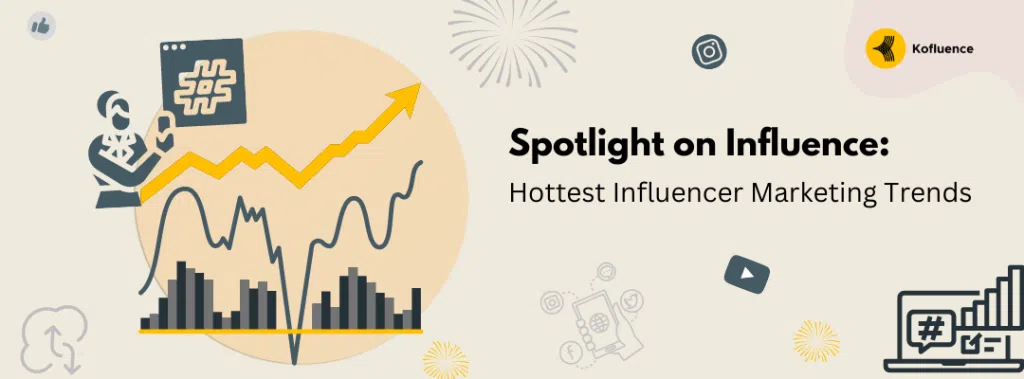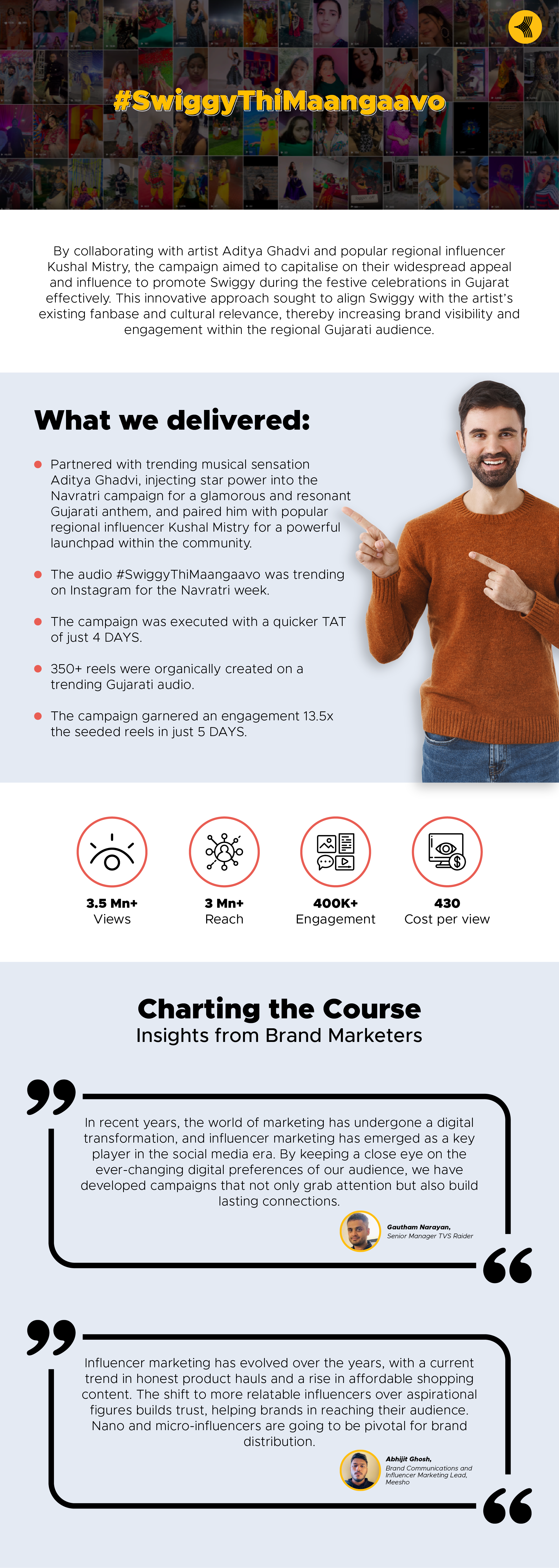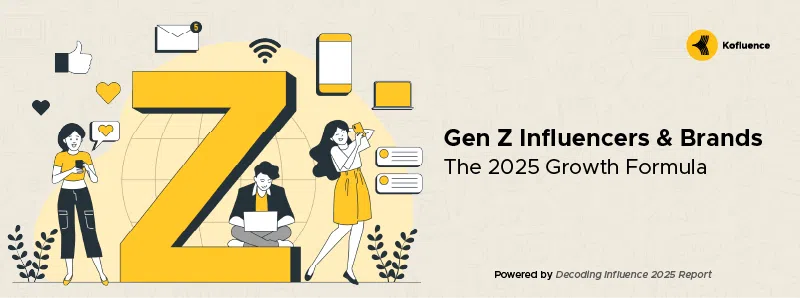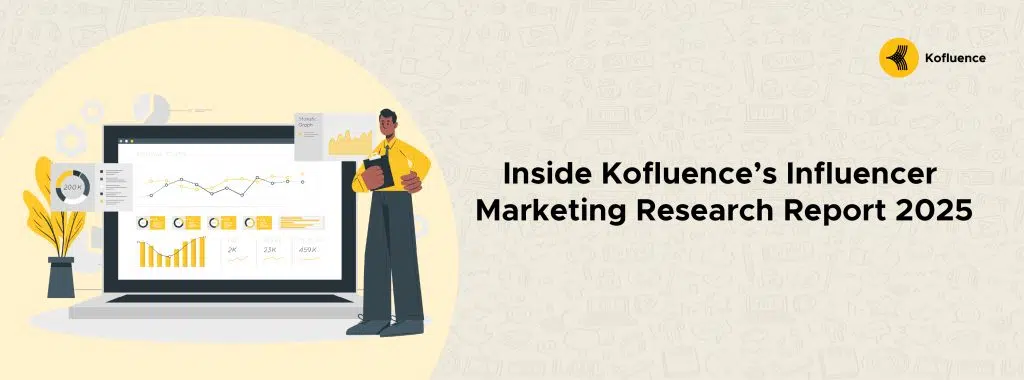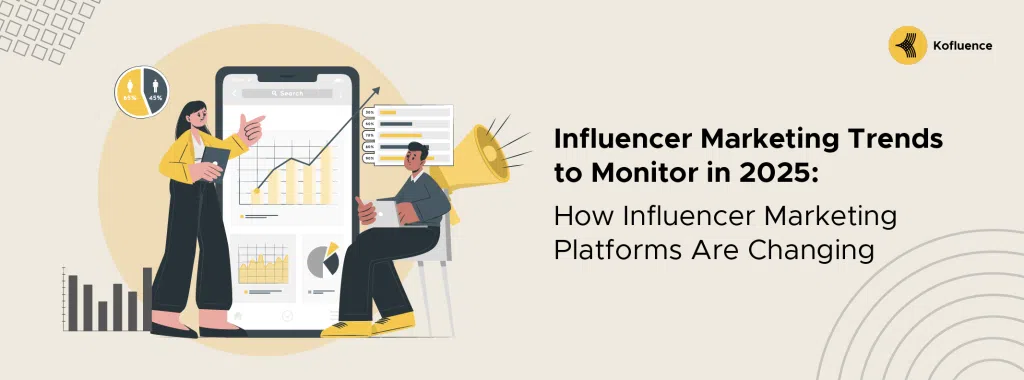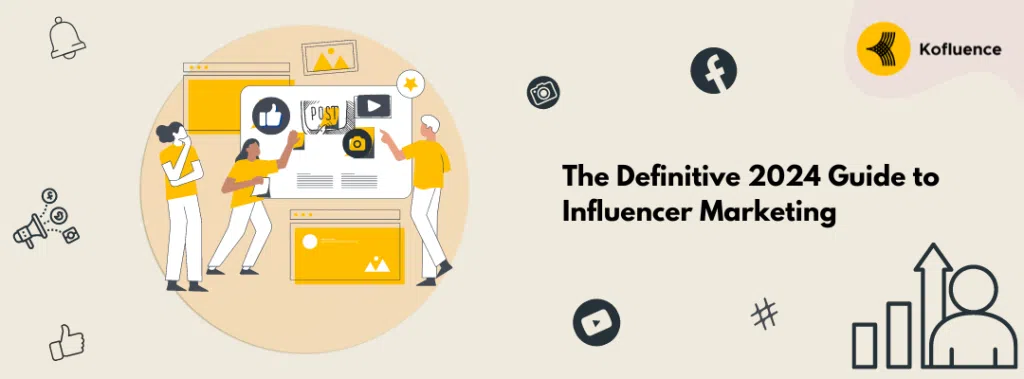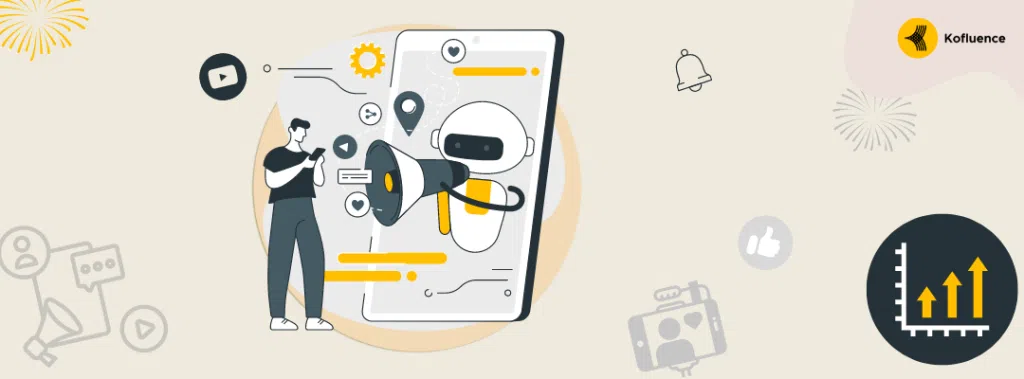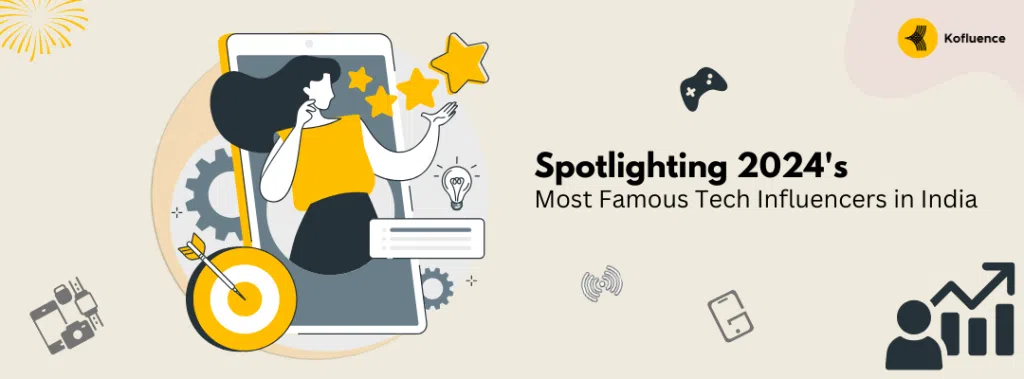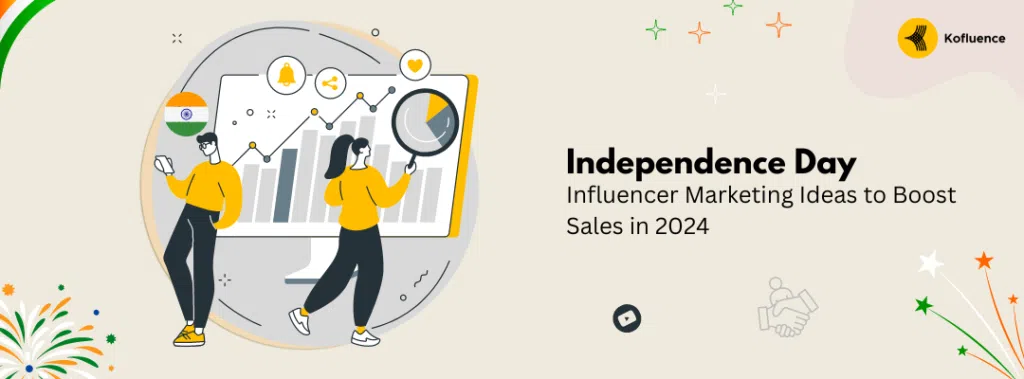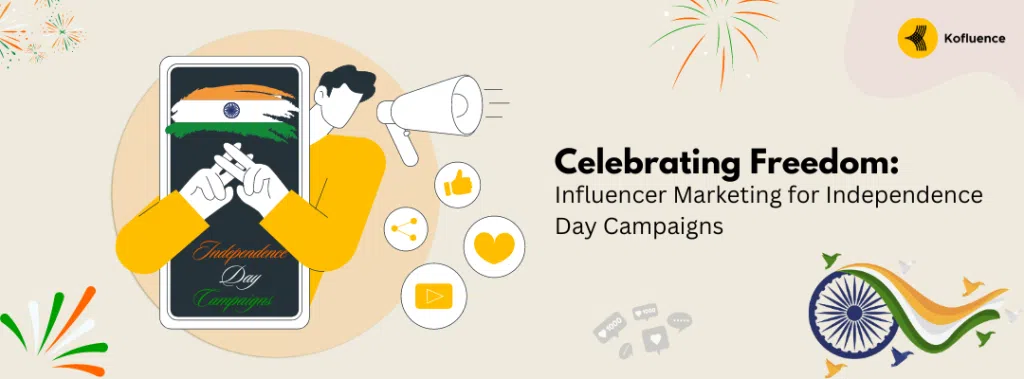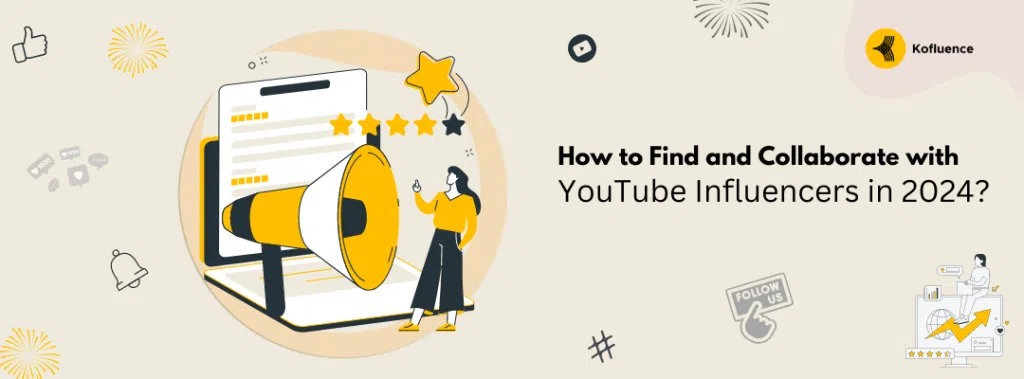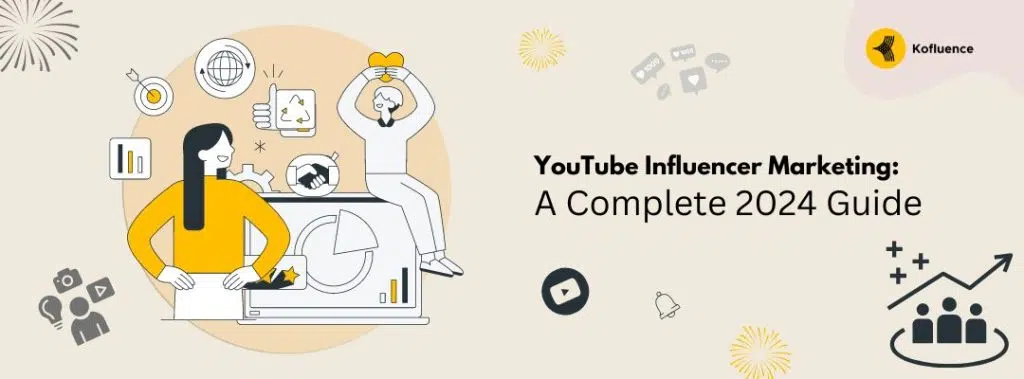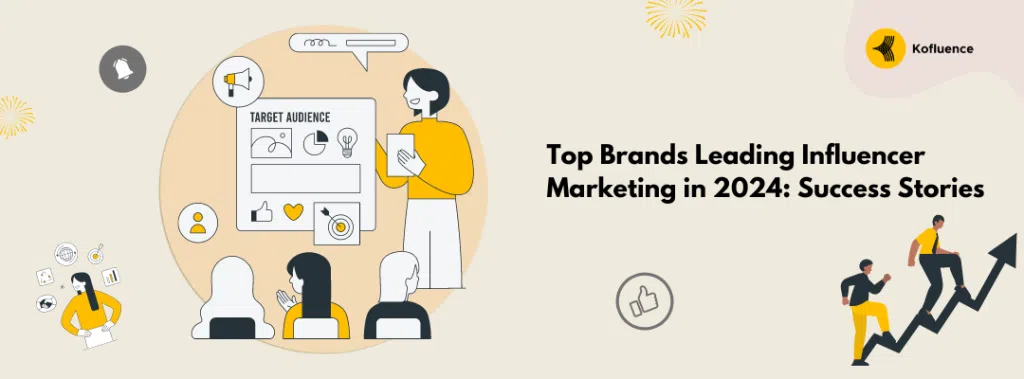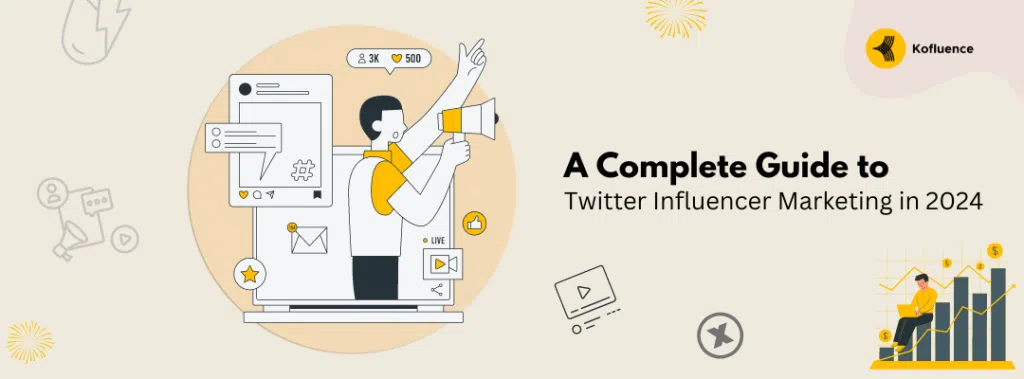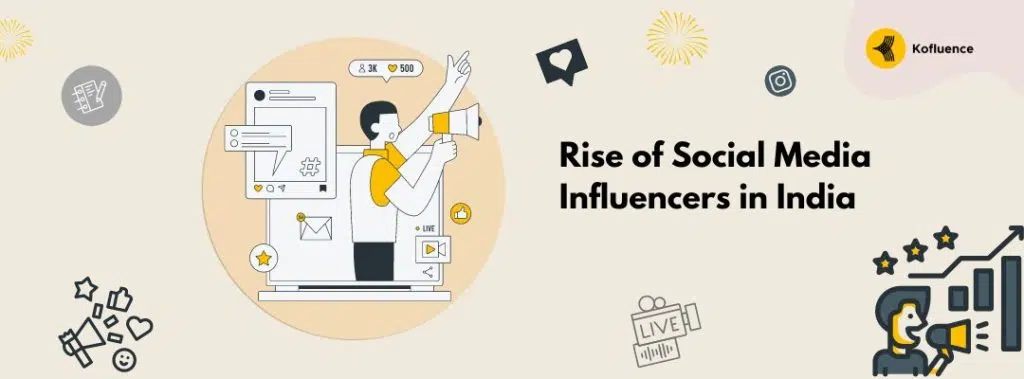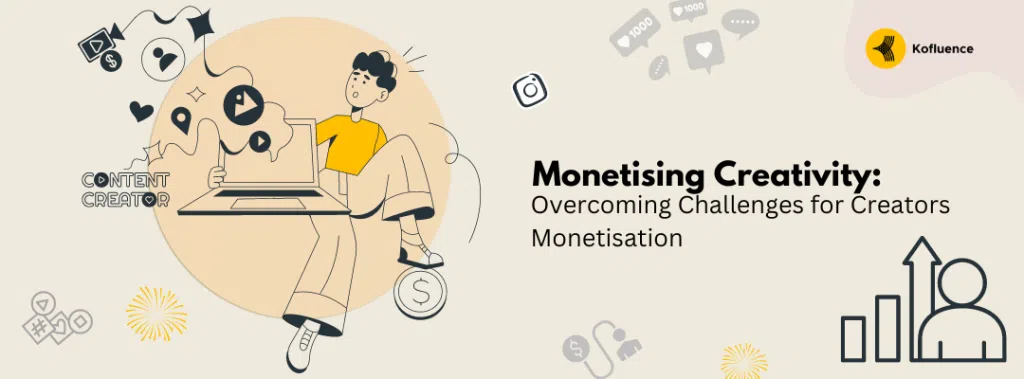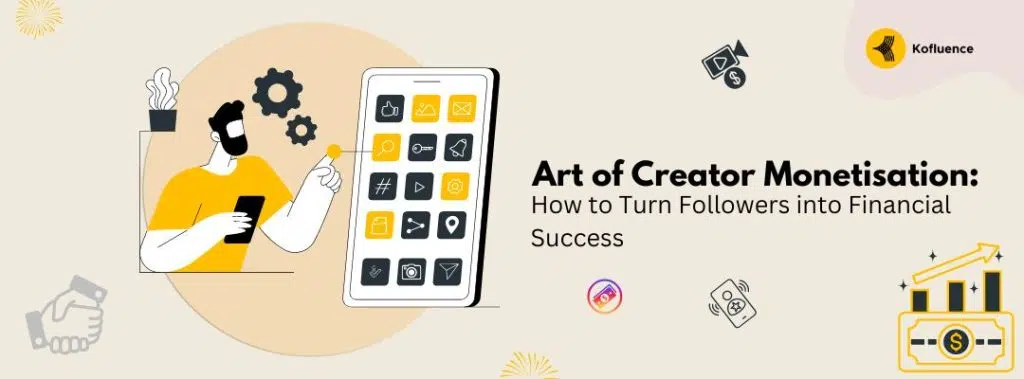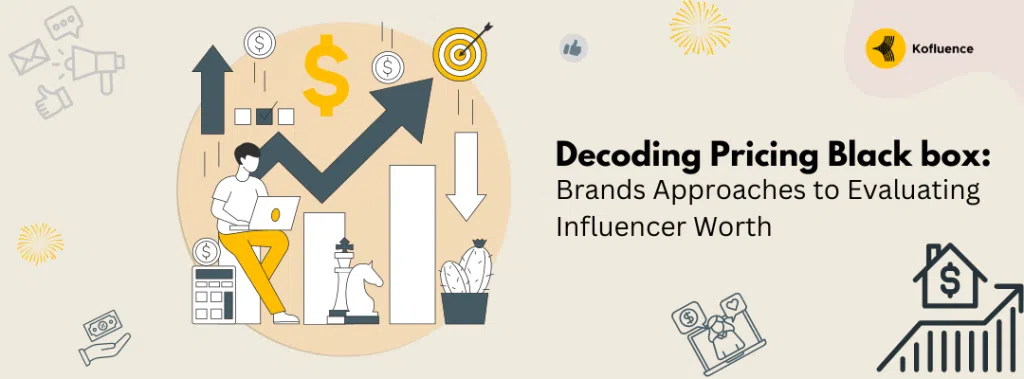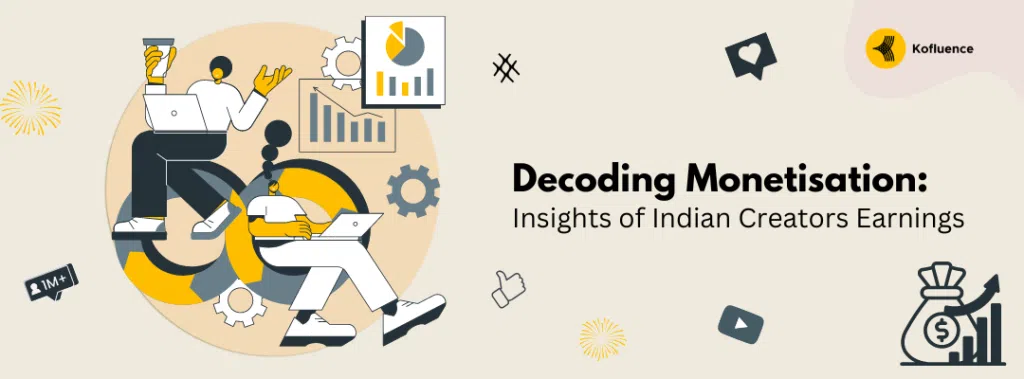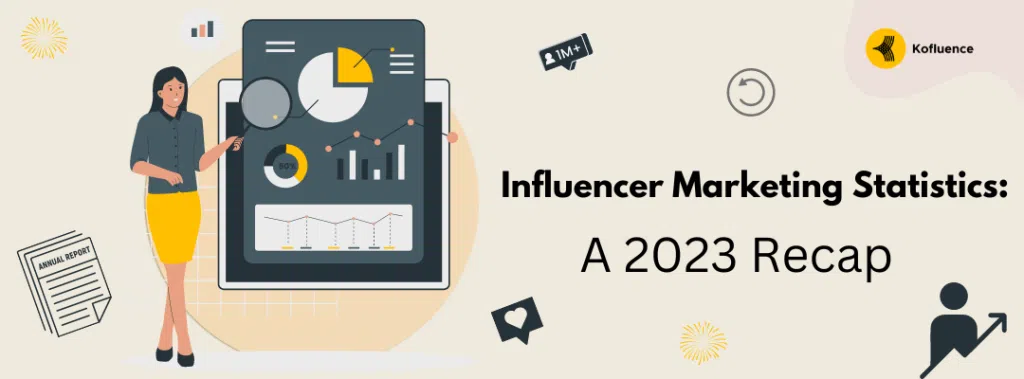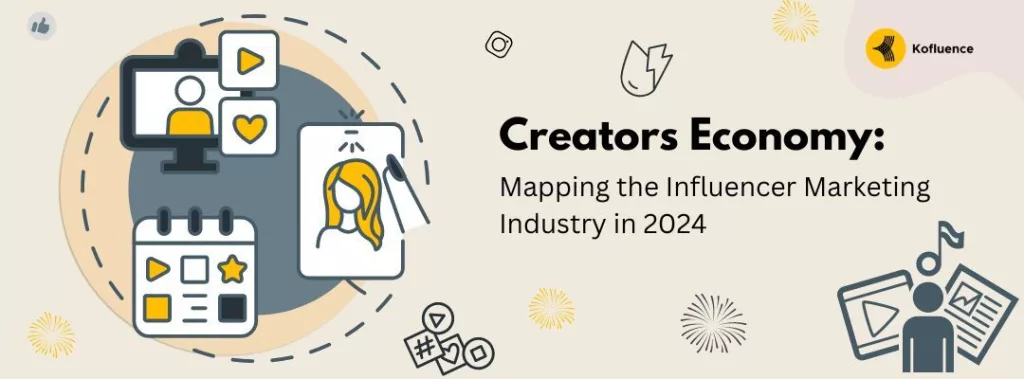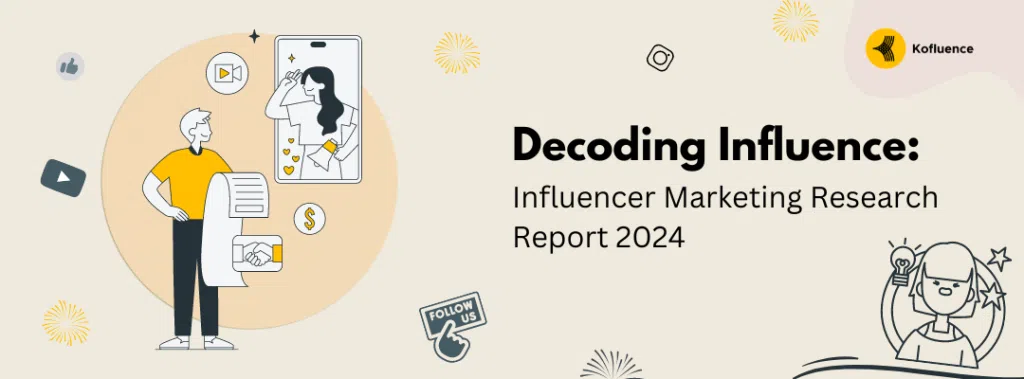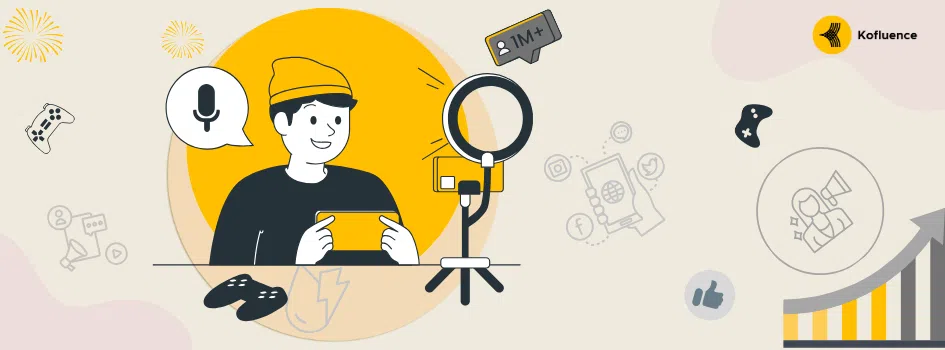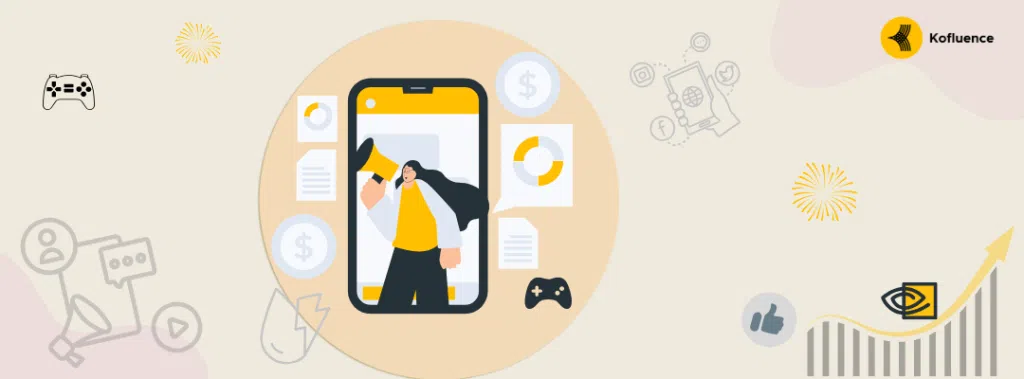Introduction
Influencer Marketing Trends that have taken Centre-Stage
AI-powered Influencing
Geo-targeting and Micro-influencers
Affiliate Marketing
Deinfluencing
Successful Campaigns, Powered by Influencer Marketing Trends
Conclusion
FAQ’s
Introduction
In the digital age, influencer marketing has emerged as a powerful force, reshaping how brands connect with their audiences. As social media platforms evolve and consumer behaviours shift, staying ahead of the curve in influencer marketing is crucial for brands looking to make an impact.
Beyond applications and platforms, social media is fundamentally transforming the marketing landscape. TikTok, Instagram, Facebook, and YouTube are dynamic arenas where brands can establish authentic connections, engage effectively, and thrive with their audiences. With significant changes in platform algorithms, marketers and small businesses must understand the influencer marketing trends of 2024 and the evolving user behaviours on these platforms.
In this blog, we delve into the latest trends in influencer marketing, setting the industry abuzz and exploring strategies that may be losing their edge. From the rise of micro-influencers to the growing importance of authenticity, we’ll dissect what’s hot and not, providing valuable insights for brands and marketers who want to level up their game by riding the wave of influencer marketing trends.
Influencer Marketing Trends that have taken Centre-Stage
AI-powered Influencing
AI-powered influencing transforms influencer marketing across multiple fronts, introducing efficiencies and strategic capabilities. AI streamlines campaign management, from coordinating influencer identification to content scheduling. Utilising vast datasets, brands make data-driven decisions, predicting audience behaviour and tailoring campaigns to emerging trends. It also aids in identifying authentic branding influencers, ensuring collaborations with those aligned with the brand.
Geo-targeting and Micro-influencers
Geotargeting and micro-influencers are reshaping influencer marketing strategies, emphasising local connections with followers of the influencer and the brand. This approach is convenient for national brands with a local presence. The trend underscores a shift towards hyper-focused influencer marketing, prioritising niche influencers with dedicated follower bases to enhance engagement and conversions compared to broader categories.
Affiliate Marketing
Affiliate marketing, once distinct from influencer marketing, is gaining traction among social media creators. This strategy involves sharing product links embedded with unique codes to track referrals. The content creator earns a commission from the online retailer when the audience purchases through these links. This method incentivises creators to monetise their influence by endorsing products and earning commissions from resulting sales.
Deinfluencing
Deinfluencing transforms the influencer scene, emphasising authenticity, sustainability, and conscious consumerism. Deinfluencers counsel their followers on what products to avoid, promoting a ‘don’t waste your money’ ethos. This trend mirrors a move towards more genuine and relatable content, prompting branding influencers to adjust accordingly. Brands must adopt novel strategies, select influencers thoughtfully, and cultivate credible communication to meet the changing preferences of their audience.
Successful Campaigns, Powered by Influencer Marketing Trends
Conclusion
In conclusion, influencer marketing continues to evolve rapidly, presenting opportunities and challenges for brands aiming to connect with their audiences effectively. The trends discussed in this blog underscore the importance of staying informed about emerging strategies and shifts in consumer behaviour, particularly within the context of influencer marketing trends of 2024.
From integrating AI to enhance campaign management and audience targeting to the rise of micro-influencers and geo-targeting for localised engagement, brands have various tools and tactics available to create impactful influencer partnerships. Additionally, the convergence of affiliate marketing with influencer strategies and the emergence of deinfluencers highlight the growing emphasis on authenticity, transparency, and sustainability in influencer-brand collaborations.
As brands make the best of these trends, it’s crucial to maintain a customer-centric approach, prioritising genuine connections and aligning with social media influencers who resonate authentically with their audience. By embracing these evolving trends and adapting their strategies accordingly, brands can leverage influencer marketing as a powerful tool to drive engagement, build brand loyalty, and ultimately achieve their business objectives through influencer marketing.
If you found this blog to be helpful browse through our website for other blogs on similar topics or get in touch with us for your next influencer marketing campaign! Download the Kofluence app and find relevant campaigns catering to your target audience! To opt-in, download the Kofluence app here: iOS users, and Android users.
FAQ’s
. In what ways is influencer marketing taking over?
Influencer marketing has emerged as a pivotal strategy for companies to reach out to their target audience. Looking ahead to influencer marketing trends in 2024, we can see that the focus is shifting towards integrating artificial intelligence, collaborating with digital creators who have a strong presence across multiple platforms, and leveraging live shopping campaigns. Brands are partnering with digital content creators to promote their products or services, capitalizing on their extensive reach, credibility, and long-standing relationships with their followers.
. What role does affiliate marketing play in influencer marketing?
Affiliate marketing has become an integral part of influencer marketing. Socail media creators share product links that contain unique tracking codes on social media platforms. When followers purchase using these links, the influencer earns a commission. This arrangement incentivises content creators to endorse companies while allowing them to monetise their platforms effectively.
. How can a brand ensure the success of its influencer marketing campaign?
For a successful influencer marketing campaign, a brand can use many essential methods, like conducting extensive research and identifying the right social media influencers whose values and target audience are consistent with the brand’s goals. We can take the example of The #SwiggyThiMaangaavo campaign marked a significant milestone in targeted influencer marketing, leveraging the festival of Navratri in Gujarat. The campaign achieved an engagement rate 13.5 times higher than the initial seeded reels in just five days.

